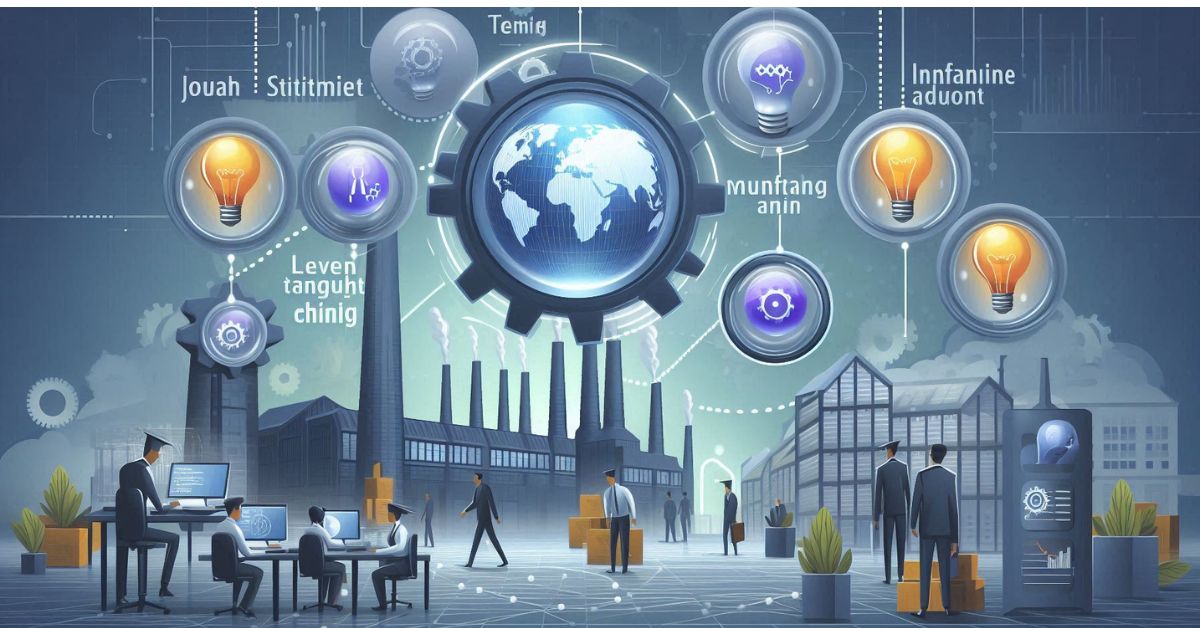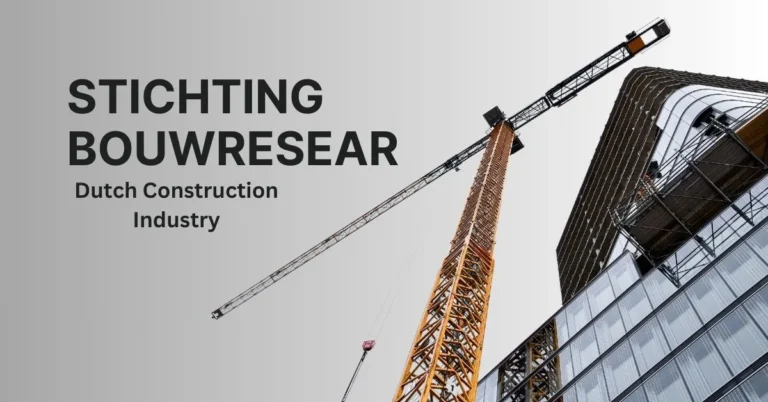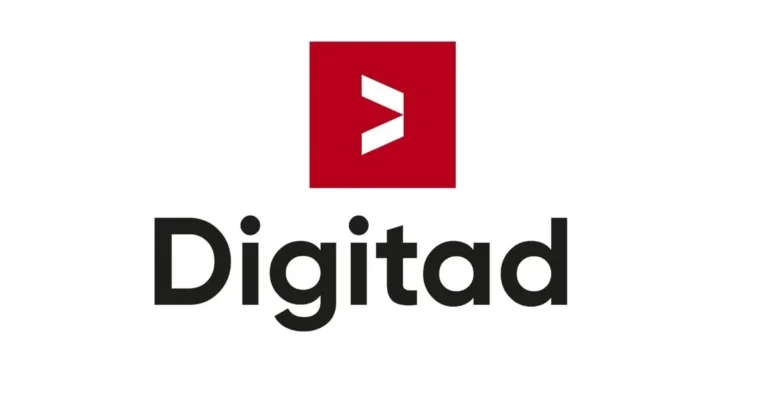Aligning Talent Management with Manufacturing Industry Needs
The manufacturing industry is undergoing a fundamental upheaval driven by rapid technical advancement and an unpredictable global economy. As a result, companies are increasingly urged to revise their talent management strategies. Robust talent management in manufacturing industry remains at the forefront of innovation and competitiveness. Adopting this change isn’t merely optional; it’s essential for maintaining growth and satisfying the needs of a constantly changing industry environment.
As specialized skills become more indispensable, industry stakeholders must decipher the significance of progressive talent strategies. Organizations prioritizing contemporary recruitment and development methods will be better poised to adapt to the manufacturing sector’s shifting paradigms and leverage these changes to their advantage. Manufacturing, a vital component of the global economy, thrives on innovation. To keep pace, manufacturers must anticipate technological disruptions and foster a workforce capable of riding the waves of change.
Identifying the Skills Gap in Manufacturing
A significant hurdle facing contemporary manufacturers is the notorious skills gap. Despite the vast number of opportunities, the sector needs more workers armed with essential technical prowess and soft skills. According to current analyses from the Bureau of Labor Statistics, job vacancies within manufacturing frequently outstrip the pool of skilled candidates, amplifying a critical concern over manufacturing employment challenges. This mismatch signifies a pressing need for industry-wide recalibration.
Solutions lie in pinpointing the specific skills in short supply and nurturing talent through bespoke training programs. Such initiatives are instrumental in closing the gap, enhancing workforce productivity, and reinforcing a company’s competitive standing. Fostering a culture of continuous learning may convert this issue into an opportunity, converting potential failures into stepping stones toward operational excellence. In doing so, companies uplift their prospects and bolster the industry’s economic and social footprint.
For more Business tips, click here
Strategies for Effective Talent Acquisition
Traditional recruitment methods are rapidly becoming obsolete in the era of digital evolution. Manufacturers must deploy innovative recruitment tactics that resonate with the modern workforce to secure top-tier talent. Crafting appealing and strategic recruitment plans is pivotal, emphasizing digital solutions such as virtual job fairs and comprehensive online assessments.
These techniques expand the reach of potential candidates across various demographics and streamline the hiring process, making it more efficient and inclusive. By embracing these novel strategies, companies can enhance their ability to attract and nurture talent, ultimately strengthening their workforce and gaining a competitive edge in a constantly evolving market.
Enhancing Workforce Engagement Through Technology
Technology is revolutionizing the way manufacturers engage with their workforce. By embracing digital tools and platforms, businesses can build an ecosystem where employees are more connected and motivated. These technologies bridge the gap between management and employees, enabling real-time communication, feedback, and collaboration. Many manufacturing firms already utilize AI-driven solutions to optimize processes, enhance operational efficiency, and improve job satisfaction. An engaged workforce drives productivity and fosters innovation through shared values and collective growth. Manufacturers can lay the foundation for sustained employee loyalty and motivation by integrating technological advancements into workplace culture.
Training Programs: Bridging the Skills Gap
Tailored training programs address the skills gap and facilitate employee development. Manufacturers equip their teams with the expertise to seamlessly navigate complex manufacturing tasks and challenges by focusing on these initiatives. Collaborations with educational institutions and industry experts allow companies to access the latest training methodologies and research. Such partnerships supply a pipeline of skilled professionals and invigorate the industry’s intellectual capital. As a result, businesses that invest in robust training programs position themselves as leaders within the sector and contribute to its long-term sustainability and success.
The Role of Leadership in Talent Development
Leadership is the cornerstone of talent development within any organization. Influential leaders cultivate a growth-oriented culture that prioritizes employee development and empowerment. Organizations that focus on leadership development initiatives can tap into the abilities of their staff, fostering a culture of common objectives and mutual success. Such initiatives are instrumental in identifying and nurturing high-potential employees, enhancing retention rates, and promoting a culture of continuous improvement. By emphasizing leadership, manufacturers can drive innovation, adapt to evolving market demands, and ensure that their workforce remains motivated and aligned with the organization’s vision.
Monitoring and Evaluating Talent Management Practices
Continual assessment and refinement of talent management practices are essential for their efficacy and success. Businesses must harness sophisticated tools and metrics to measure and evaluate the impact of their talent strategies, ensuring alignment with organizational objectives. Regular evaluations provide valuable insights into areas for improvement, allowing businesses to make educated decisions and adjust their plan as needed. By fostering a feedback and continuous development culture, manufacturers can optimize their talent management frameworks, secure long-term benefits, and remain competitive in an ever-evolving industry.
Future Trends in Manufacturing Talent Management
As the manufacturing industry ventures into the future, cutting-edge trends like automation and artificial intelligence will profoundly impact talent acquisition and management. These advancements present challenges and opportunities, requiring strategic adaptation and foresight from industry leaders. Insights from the Harvard Business Review emphasize the importance of understanding technology’s role in reshaping manufacturing dynamics. By anticipating these technological shifts and integrating them into their talent strategies, manufacturers can stay ahead of the curve, ensuring their workforce and operations remain robust and resilient.







